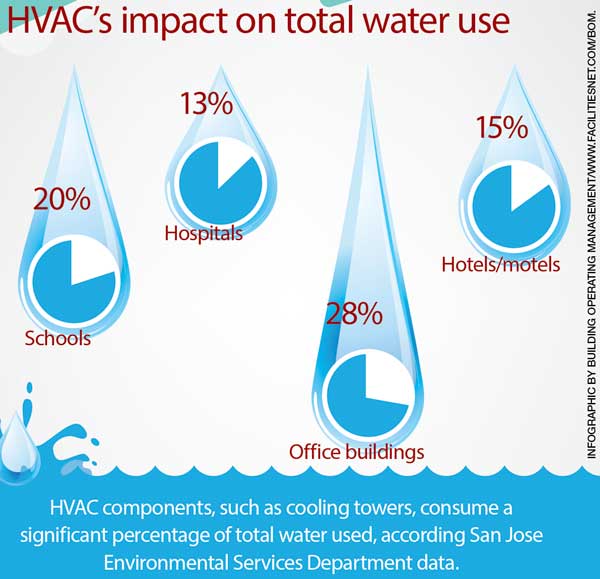Exploring The Environmental Advantages Of Warmth Pumps - A Lasting Heating Remedy
Exploring The Environmental Advantages Of Warmth Pumps - A Lasting Heating Remedy
Blog Article
Short Article By-Cox Zhou
In a period where sustainability and power efficiency are extremely important, lots of companies look for environmentally friendly heating solutions. One such option is the heat pump.
A heat pump removes the warmth in its surroundings and pumps it into your home, causing among the most effective eco-friendly central heating unit around. This procedure likewise produces no greenhouse gas emissions, making it a highly sustainable technology.
Power Performance
Heat pumps are really power reliable and need little upkeep. They make use of much less electrical power than various other heating systems and are by far one of the most environmentally friendly. They function well with roof solar and can commonly pay for themselves in energy financial savings alone.
They can likewise give air conditioning, which is great for garage workshops, attic hangouts and perk spaces, and home enhancements without prolonging the existing ductwork. They can also be made use of for retrofits in existing homes with hydronic (water-based) distribution systems such as reduced temperature radiators or glowing floors.
Seek designs with SEER and HSPF rankings that meet or exceed Canada's minimum standards, along with the criteria in your region. https://www.isurfwebster.com/5-easy-air-conditioner-maintenance-tips/ mean greater efficiency, which conserves you cash in the long run and lowers your carbon footprint. You might even qualify for refunds and motivations! The very best units are those with a ground warm exchanger for added effectiveness. These systems can soak up thermal power from the ground during the winter season and remove it in the summer season.
Minimized Greenhouse Gas Emissions
Heat pumps work on power and basically move warm from the air, also when it's chilly outside. They have the ability to remove the cost-free heat trapped in air fragments and relocate them indoors, reducing humidity while doing so.
Compared to gas heating systems, contemporary heatpump make use of less than one kilowatt of power per kilowatt of heating power they create. This makes them one of the most power reliable heating option offered with a POLICE OFFICER (Coefficient of Performance) of 4 or more. By slashing the need for fossil fuels, heat pumps help in reducing greenhouse gas exhausts and cut various other major air pollutants.
Structure decarbonization is a global critical, and the HVAC field is a crucial motorist of that process. Whether it's real estate investors making net zero commitments, plan manufacturers establishing discharges limitations, or renters demanding greener rooms, electric heat pumps are being identified as a crucial solution. They are a cost-efficient way to lower carbon discharges by getting rid of the demand for fossil fuels in structures.
Convenience
Heat pumps can be used in many sorts of homes and buildings-- with or without ducts. They collaborate with hot-water radiators, air-conditioning and programmable thermostats. They can change furnaces or be mounted in brand-new houses. They can work on photovoltaic panels, geothermal systems or even area home heating sources like wastewater.
They're excellent at delivering more warm per energy unit. As an example, an air-source heatpump creates as much as 3 or even more home heating units from each power unit it consumes.
Obtaining the most from your heat pump will rely on your climate zone and top quality of insulation. Search for designs with ENERGY celebrity rankings and contrast their SEER or HSPF specs. In warmer climates, focus on SEER; in chillier regions, take into consideration a system with a greater HSPF score. Furthermore, buy air securing and insulation to lower the tons on your heatpump. That will boost power performance and assist you reach your Internet Zero objectives faster.
Biomass Boilers
Biomass boilers use wood pellets, chips or logs to develop warm and warm water. They are an excellent option for off-grid residential properties or those that want to leave the gas grid.
As a standalone furnace, biomass can supply sufficient energy to keep your home warm all year round without the regular warmth drop off of various other eco-friendly modern technologies. They can additionally be utilized combined with photovoltaic panels to maximise cost savings and benefit from RHI repayments.
A drawback of these systems is the upfront cost and normal fuel deliveries. Often, pellets will require to be blown into a gas store utilizing a vacuum system or they can be by hand fed into the central heating boiler via a hopper. Logs are commonly self-sourced from neighboring woodland or acquired in bulk. In addition to this, they require hands-on loading and may require cleansing on a regular basis.